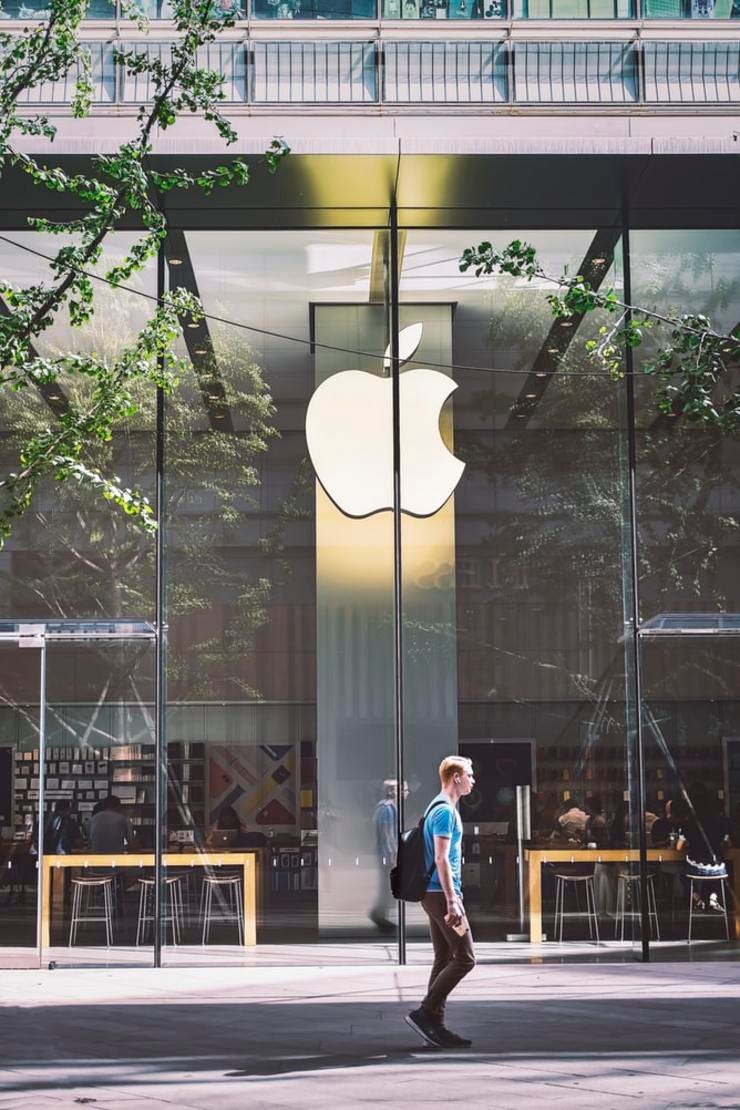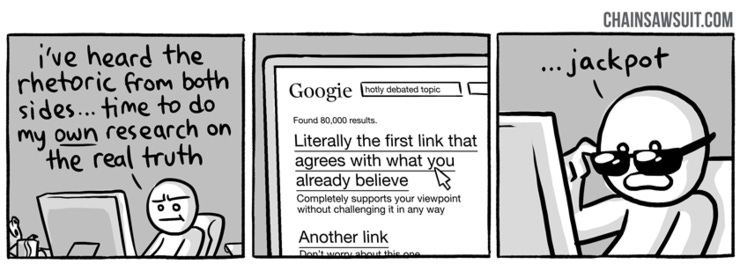Issue #26 - Confirmation Bias 🍎
Issue #26
What is Confirmation Bias?
Confirmation bias is our tendency to interpret things in a way that suits our preconceptions.
If I were to ask you "where is the nearest apple store?"
What comes into your mind?
.
.
.
.
.
.
.
.
If I know my audience, I bet that a few of you would think of this:
Or maybe you thought of something more like this:
Did you think of one of these, or something else?
(I'm sure there's some grammar sticklers, who'll remind me that 'a' for apple was lowercase.)
Confirmation bias leads us to see things through our own lenses, to interpret things in a way that suits our own preconceptions. If you're a reader who's involved in tech, maybe you're more inclined to think of the Apple tech brand. If you're a reader who's a chef, maybe you're more inclined to think of the apple grocer.
Our opinions and responses have developed from selective attention to information that confirms what we believe, and we automatically filter out information or scenarios that don't fit.
What to do about it?
Confirmation bias is so tricky! It's so core to how our pattern matching minds work. It's not a bias which we can 'solve' as such.
However on important decisions, you may want to cultivate a mindset of seeking disconfirming evidence (similar to how scientists set a null hypothesis) and try to prove yourself wrong instead of right. You may way to try looking for contradictory information instead of confirming information.
Want to go deeper?
😂 The hilarious Chainsaw Lawsuit comic sums it up pretty memorably.
🔖 I wrote a post about how search engines affect us with regards to confirmation bias a couple of years ago, check it out here.
🗃 Want to revisit some of the back catalog of mental models? Find them here.
Got comments?
📧 Reply to this email
🐦 Tweet @juliaclavien





